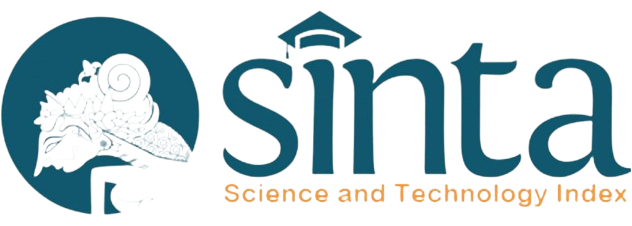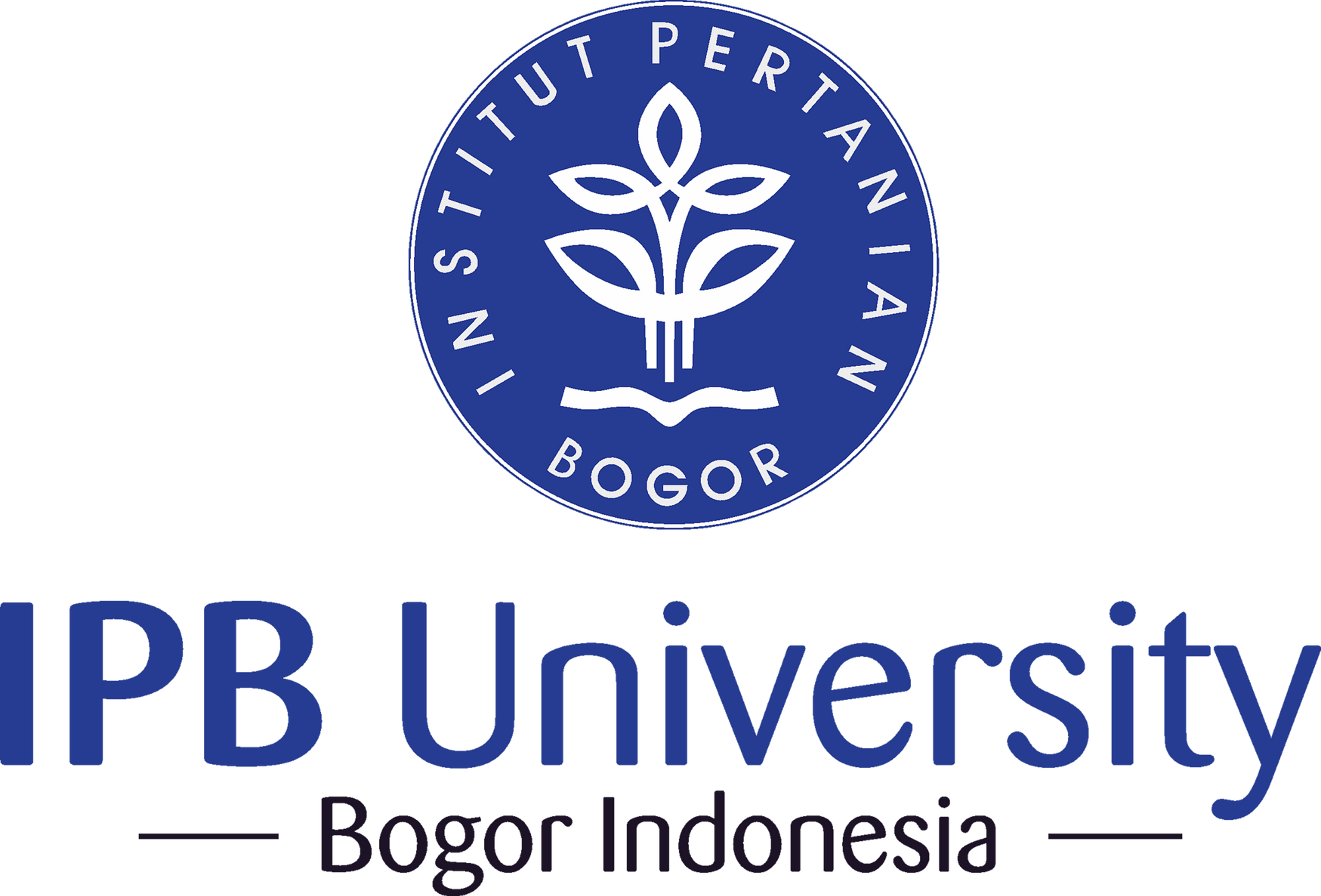Induksi Poliploid TSS (True Shallot Seed) Bawang Merah Varietas Trisula menggunakan Kolkisin
Abstract
Increase of local shallot bulb size with colchicine can increase the productivity and consumer preferences of Indonesia local shallot. This study aimed to obtain LC50 values of shallot seeds against colchicine and estimate some genetic parameters of agronomic characteristics of putative mutant populations of M1V2 shallot resulting from polyploid induction with colchicine. This research consisted of two separate experiments. The first experiment was the polyploid induction of TSS with five concentrations of colchicine (0%, 0.25%, 0.5%, 0.75%, and 1%) aimed to obtain LC50 values and putative mutants of shallot. The second experiment was the genetic parameters estimation of several agronomic characters of Trisula shallot putative mutants (28 lines) M1V2 generation resulting from polyploid induction with colchicine to estimate some genetic parameters of agronomic characteristics. he augmented design was used in both the first and second experiments. LC50 value of Trisula variety TSS against colchicine was 0.65%. Heritability values of various agronomic characters in putative mutants M1V2 generation ranged from low to high (11.13 - 83.39%). Ploidy levels of the all M1V1 population were mixoploid, and grouping of putative mutants in the M1V2 generation by cluster analysis was random. This result indicated the randomized effect of colchicine treatment.
Keywords: colchicine, heritability, LC50, mixoploid, polyploidy













